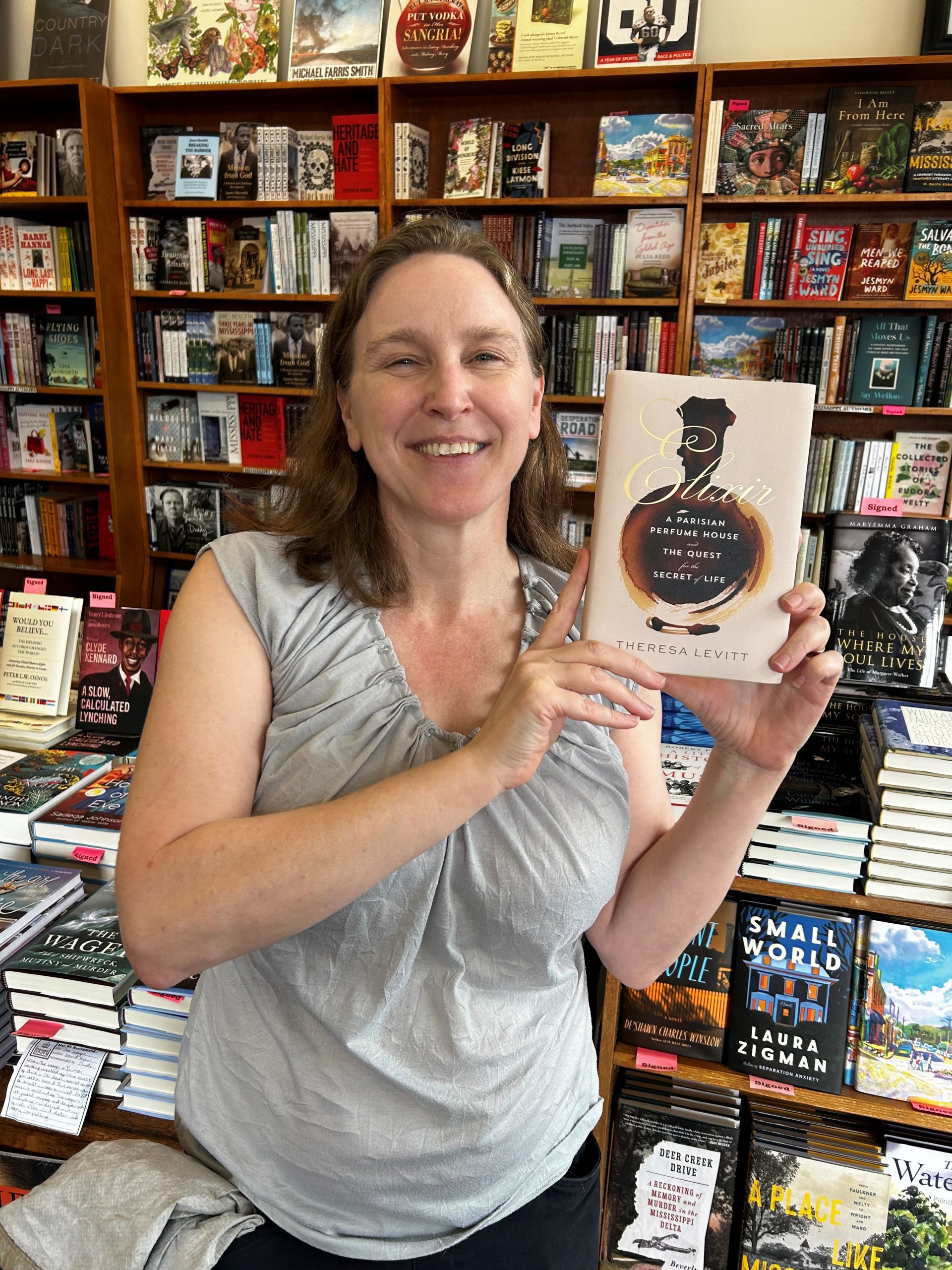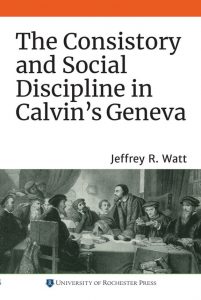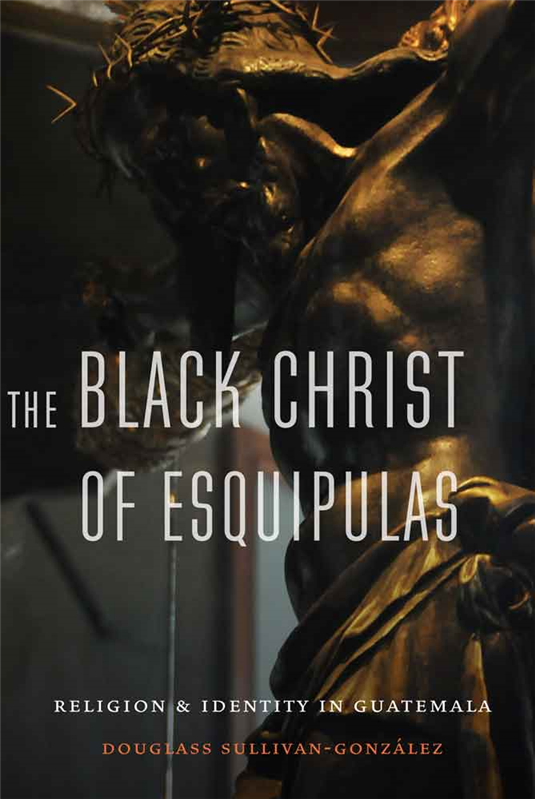Edited by Vivian Ibrahim and Margit Wunsch
This ground-breaking and innovative book examines the influence of charisma on power, authority and nationalism. The authors both apply and challenge Max Weber’s concept of ‘charisma’ and integrate it into a broader discussion of other theoretical models.
Using an interdisciplinary approach, leading international scholars draw on a diverse range of cases to analyse charisma in benign and malignant leaderships, as well as the relationship between the cult of the leader, the adulation of the masses and the extension of individual authority beyond sheer power. They discuss idiosyncratic authority and oratory, and they address how political, social and regional variations help explain concepts and policies which helped forge and reformulate nations, national identities and movements. The chapters on particular charismatic leaders cover Abraham Lincoln, Kemal Atatürk, Adolf Hitler, Benito Mussolini, Gamal Nasser, Jörg Haider and Nelson Mandela.
REVIEWS
“This rich collection of essays, by leading academics from across the world, examines in critical depth Max Weber’s concept of charismatic leadership in the context of nations. Is charismatic leadership a result of how followers construct the idea of their leader or is it the intrinsic quality of charisma itself? The authors explore the personalities and purposes of leading figures across the nineteenth and twentieth centuries and question whether Weber’s concept needs revision, extension or rejection if applied globally.
Here is a collection of essays on the important theme of leadership, nations and charisma, which will be read with immense benefit by those interested in politics, sociology and history.”
– Lord Meghnad Desai, Emeritus Professor at London School of Economics (LSE)
“Margit Wunsch and Vivian Ibrahim have performed a stunning feat. Like an expose of a magician’s tricks, this book opens our eyes by dissecting the charisma of nationalist leaders to reveal its profane sources. Rigorous examinations of psychological phenomena in history and politics are rare, but this book delivers magnificently. The editors explore whether charisma is primarily about psychology, or is produced by social roles and political coercion. They ask if charisma is a cause or merely an effect of success. Authors consider whether charisma can survive in a pluralistic democratic context. They distinguish between situations where cunning leaders project charisma onto the masses and instances when the people bestow it upon their anointed leader. They go on to show how charisma can inhere in entire nations and institutions, not merely in individuals. They ask whether it can change history, and if so, whether it is always a malign force or can it serve democracy well, as Max Weber hoped. Might charisma survive death and be successfully institutionalised? What is the connection between charismatic individuals and heroes, icons or exemplars of national character? Does charisma exhibit a different quality in ‘disenchanted’ mass modernity? In non-western societies? Might Jesus, Muhammad, Joan of Arc and other historical figures exert charisma from beyond the grave, and how do latter-day charismatics appropriate their mantle? Is charisma inherent in charismatic figures or is it ‘made’ by image management, spin, dress and staging? This book offers a sustained analysis of these questions and much more. John Breuilly’s introduction weaves an impressive theoretical account through the embarrassment of riches provided by the book’s star-studded cast. From Hitler and Mussolini to Mandela and Gandhi, FDR and Lincoln to Haider, Napoleon to the Virgin Mary, this book will forever change the way we look at nationalist charisma.”
– Eric Kaufmann, Professor of Politics, Birkbeck College, University of London


 On the eastern border of Guatemala and Honduras, pilgrims and travelers flock to the Black Christ of Esquipulas, a large statue carved from wood depicting Christ on the cross. The Catholic shrine, built in the late sixteenth century, has become the focal point of admiration and adoration from New Mexico to Panama. Beyond being a site of popular devotion, however, the Black Christ of Esquipulas was also the scene of important debates about citizenship and identity in the Guatemalan nation throughout the nineteenth and twentieth centuries.
On the eastern border of Guatemala and Honduras, pilgrims and travelers flock to the Black Christ of Esquipulas, a large statue carved from wood depicting Christ on the cross. The Catholic shrine, built in the late sixteenth century, has become the focal point of admiration and adoration from New Mexico to Panama. Beyond being a site of popular devotion, however, the Black Christ of Esquipulas was also the scene of important debates about citizenship and identity in the Guatemalan nation throughout the nineteenth and twentieth centuries.



